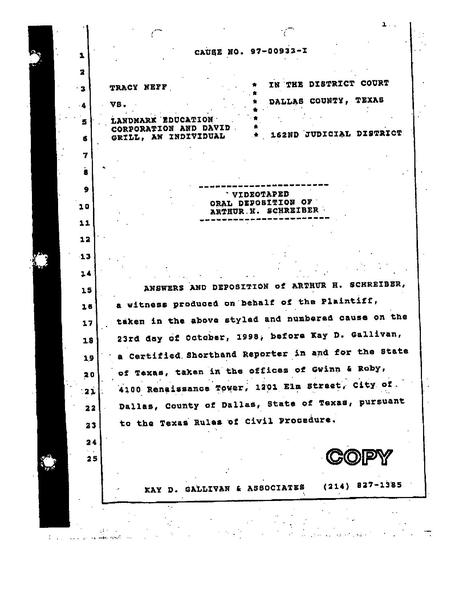Last Update: 10/20/20
Here in South Florida, a healthy number of foreclosure lawsuits are still being filed every week causing lots of stress for homeowners. Sadly, many of these homeowners have simply given up trying to fight the lender/servicer and mount any type of foreclosure defense.
Make The Bank Defend Its Florida Foreclosure
For Florida foreclosure defense lawyers, this is both a sad and frustrating situation. We understand the emotional toll that comes from dealing with a lender in a foreclosure fight and how tempting it is to walk away and leave them to take your home. Trying to negotiate or work out an arrangement to save your home with some lender representatives can be maddening for anyone — we get it.
However, before someone just walks away and lets the bank get a speedy foreclosure judgment, it’s important to get the bank to prove its case, including its legal standing to pursue the foreclosure. All too often, these foreclosure lawsuits are defective; either the paperwork is defective, documents are lost, or payments are misapplied (among other defenses).

Deposition testimony is taken before trial but carries the same weight of authentic evidence as sworn testimony on the stand.
Getting The Bank’s Deposition Testimony Can Be Key To A Winnable Foreclosure Defense
One tool that a Florida homeowner can use in defending against a foreclosure — before he or she walks off in frustration — is to have their foreclosure defense lawyer take the deposition of the duly authorized representative of the financial institution that filed the foreclosure lawsuit (which could be a servicer or the “holder” of the note).
This is done by serving a notice of deposition to the bank requesting the sworn testimony of the bank representative. This notice can be filed “duces tecum,” which means that the bank’s chosen spokesperson is subpoenaed to bring its files and paperwork for review and questioning by your foreclosure defense lawyer.
It is here — in the deposition of the Bank — that the foreclosure defense attorney can find holes in the Bank’s claim regarding their legal right to sue for foreclosure as well as problems with the filing itself and the procedures that the bank has followed in trying to foreclose on the property. (Did the person endorsing the note have the authority to do so – or, were all of the payments properly credited to the homeowner – or, was the correct information transferred from one payment servicer to the next, etc.)
Homeowners Need to Act Fast To Defend A Florida Foreclosure
In many instances, Florida foreclosures are moving forward faster than they were a couple of years ago. This is the result of a change in our Foreclosure law which has now sped up the foreclosure process.
Consequently, it is critical to act fast if you are served with a foreclosure lawsuit. Why? Banks are now moving quickly to file a “motion for summary judgment” and get a final judgment against the homeowner. The good news is that an attorney with lots of knowledge of the rules of civil procedure can still slow things down.
What is a Motion for Summary Judgment?
When the bank files its summary judgment request, it has to provide the court with evidence that it has a right to a foreclosure judgment without the need for a full trial. It does this by stating in its motion that there are no disputed facts as evidenced by affidavits and other documents (exhibits) it attaches to its motion.
If no one challenges that summary judgment motion (much less challenges the bank in a full trial), then the judge will likely grant that request and a foreclosure judgment will be entered on behalf of the bank.
Here is where deposition testimony can come into play for the benefit of the homeowner: the paperwork filed by the bank can often be challenged on the issue of the facts being in dispute. If your foreclosure defense lawyer can find a fact that is in dispute, the court will likely not grant the summary judgment (sometimes an affidavit from the homeowner is enough to place the facts in dispute). Experienced foreclosure defense lawyers know what to look for and ask during a bank’s deposition — e.g.,
- Are there legal gaps in ownership of the loan itself?
- Are the numbers correct? – Were all payments accounted for and applied and applied correctly?
- Did the homeowner make payments under a trial modification that the bank is now not honoring?
- Where’s the documentation (including endorsements) that proves that this bank is the rightful party to be foreclosing on the property?
- Can the bank representative truthfully and accurately tell the court that they have personal knowledge of the life of the lost note? If not, then that witness shouldn’t be enough for the lender to meet their burden to get a summary judgment.
Sometimes, you will have only weeks after the bank files its foreclosure action to prepare for a summary judgment hearing. So, don’t wait!!!
What Should You Do?
A good piece of advice if you are dealing with a foreclosure in Florida, is to speak with an experienced Florida real estate lawyer to learn about the benefits of taking the deposition of a bank representative and how that testimony can be used to prevent the entry of a summary judgment, especially if there is a lost note count.
Most real estate lawyers, like Larry Tolchinsky, offer a free initial consultation (over the phone or in person, whichever you prefer) to answer your questions.

Do you have questions or comments? Then please feel free to send Larry an email or call him now at (954) 458-8655.
If you found this information helpful, please share this article and bookmark it for your future reference.


Husband & I served summons of foreclosure from ….